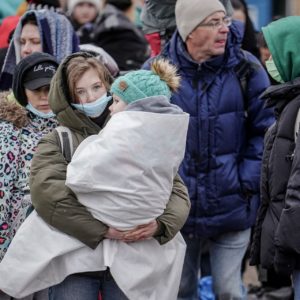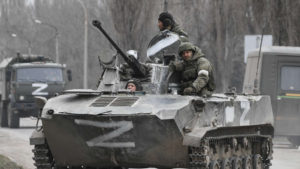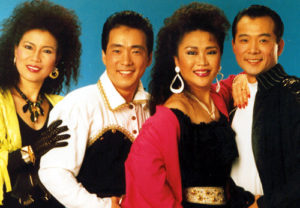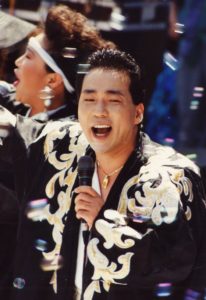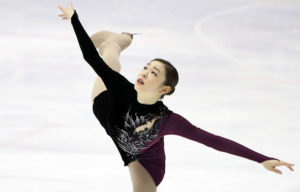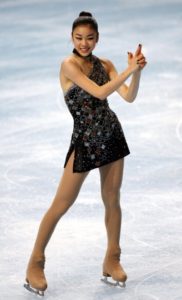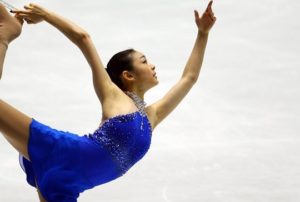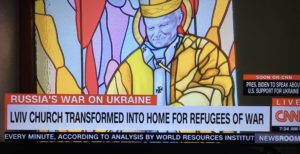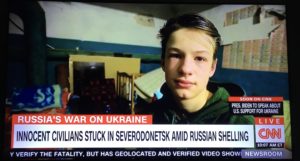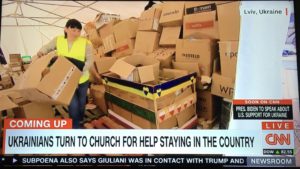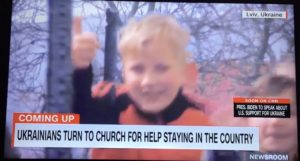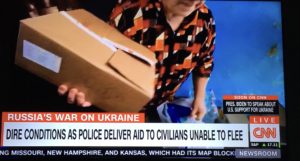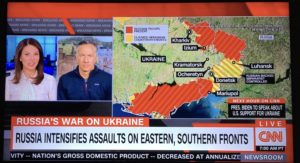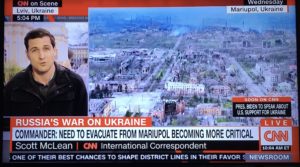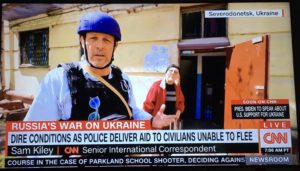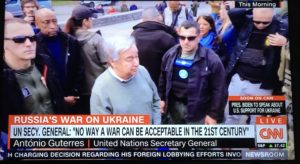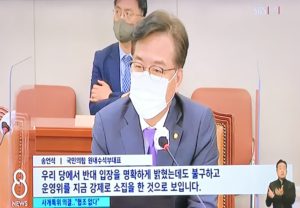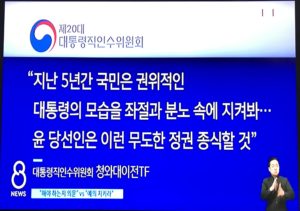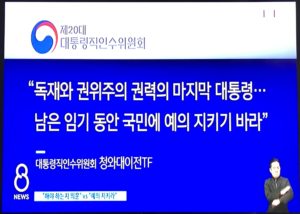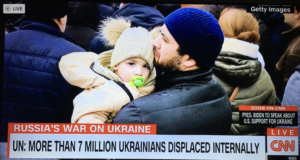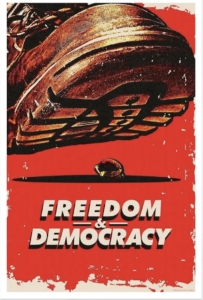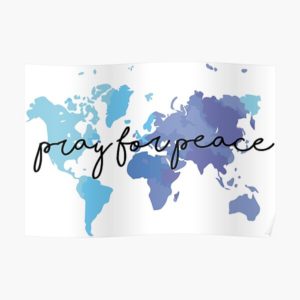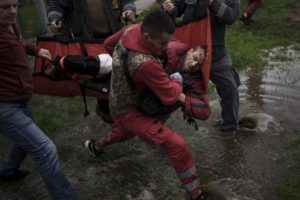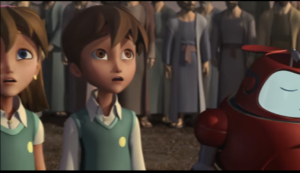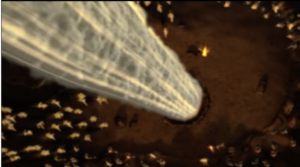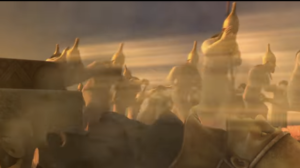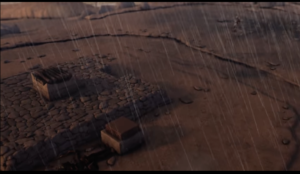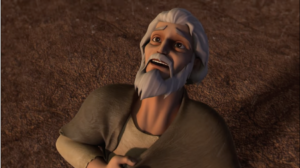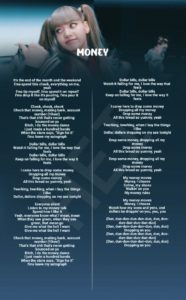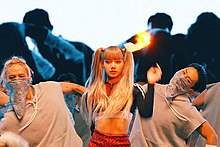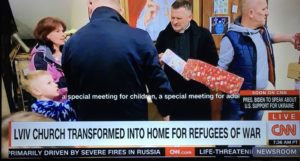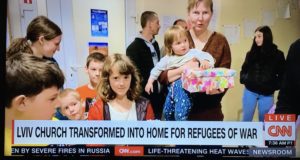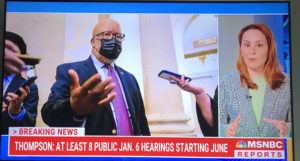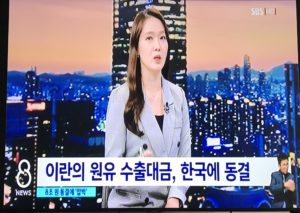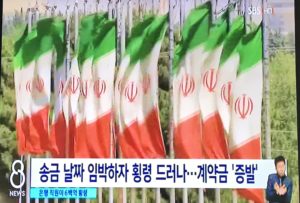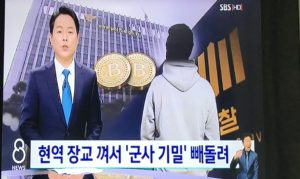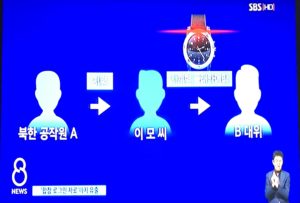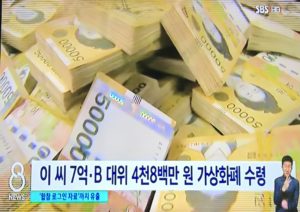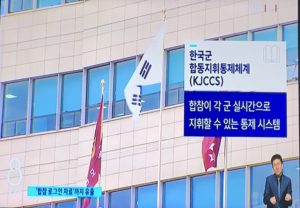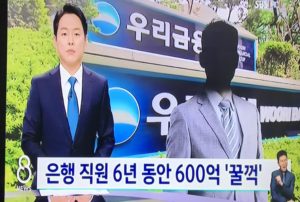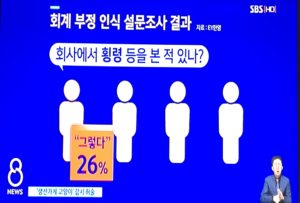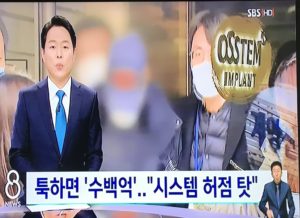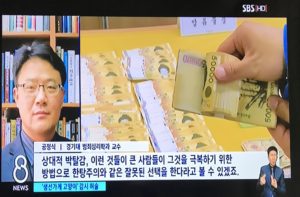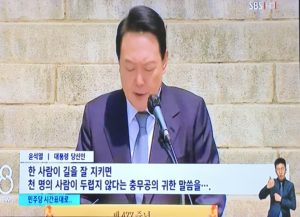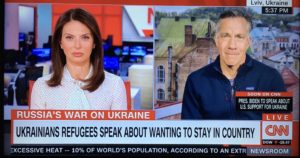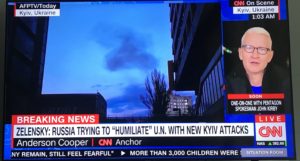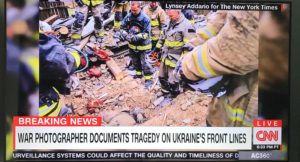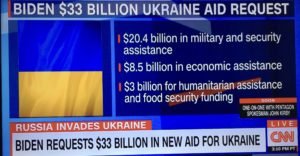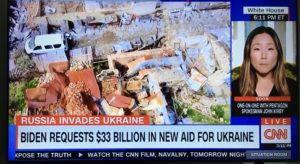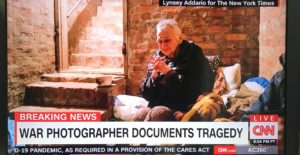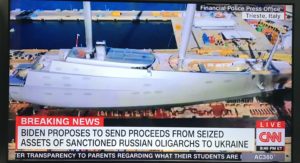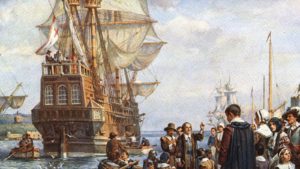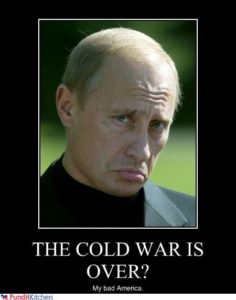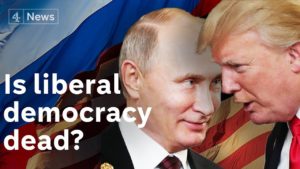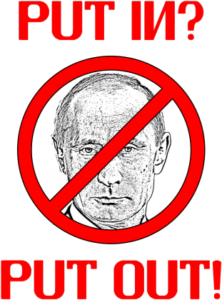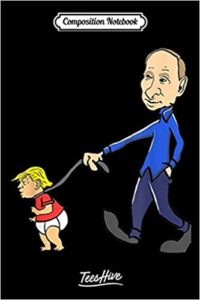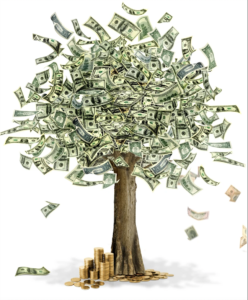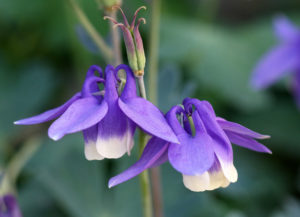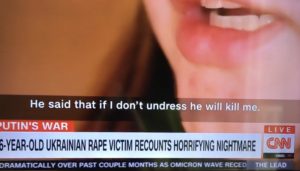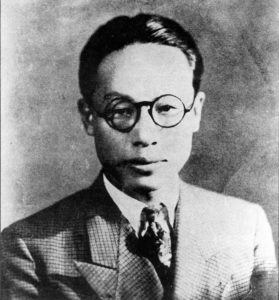
Yi Yuksa (이육사)
Yi Won-rok (May 18, 1904 – January 16, 1944), better known by his pen name Yi Yuksa(264: his prison number) was a Korean poet and independence activist. As one of Korea’s most famous poets, he and his works symbolize the spirit of the Korean anti-Japanese resistance of the 1930s and 1940s.
Yi was born in Dosan-myeon, Andong on May 18, 1904. Yi was a descendant of the scholar Yi Hwang, better known as Toegye. Yi completed his basic education in Andong, graduating at the age of 15 in 1919.[1] In 1920, at age 17, he moved with his family to Daegu and married. Yi became a teacher at the academy at which he studied, but in 1924 left for Japan to study in University.
In 1925 Yi returned to Daegu and along with his brothers, joined the Uiyoldan, an association formed in response to Japanese repression of the Korean Independence Movement. The Uiyoldan was associated with acts of sabotage and assassination. Yi moved to Beijing in 1925/26, likely because of this association, and studied at Sun Yat-sen University in Guangzhou. Yi returned to Korea in 1927. When members of the Uiyoldan bombed the Daegu branch of the Choseon Bank, Yi was among the arrested and spent 18 months in prison.
In 1929 Yi began to work as a journalist, and in 1930 he published his first poem “Horse,” in the Choseon Ilbo. From 1931 to 1933 he studied in China, but continued to maintain contacts with the Korean resistance. In 1935 he began to concentrate on his writing, publishing both poems and critical essays. Accounts have Yi arrested a total of 17 times.
In April 1943 he went to Beijing and apparently began smuggling weapons into Korea. In 1943 Yi returned to Korea on the first anniversary of the death of his mother. He was arrested in Korea and transferred to Beijing, where he died in prison on January 16, 1944, at the age of 39. Controversy lingered after Yi’s death and there are allegations from eyewitnesses in the prison that suggest Yi was subject to live experimentation – which was common practice in Japanese prisons and comfort women stations, during the period. It is reported Yi’s bloodstream was injected with saline solution in the prison hospital – which subsequently killed him. “He was cremated and buried in Miari, Seoul.
In 1960, Yi’s remains were reinterred near his birthplace and in 1968 a memorial stone was erected in Andong. Just outside Andong there is the Yi Yuksa Museum, dedicated to the memory of his literature and freedom-fighting.
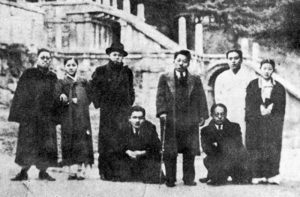
광야(曠野)
까마득한 날에
하늘이 처음
열리고
어데
닭 우는 소리
들렸으랴
모든
산맥(山脈)들이
바다를 연모(戀慕)해
휘달릴 때도
참아
그곳을 범(犯)하던
못하였으리라
끊임없는
광음(光陰)을
부지런한 계절(季節)이
피여선 지고
큰 강(江)물이
비로소 길을
열었다
지금
눈 나리고
매화향기(梅花香氣)
홀로 아득하니
내
여기
가난한 노래의
씨를 뿌려라
다시
천고(千古)의
뒤에
백마(白馬) 타고
오는 초인(超人)이 있어
이 광야(曠野)에서
목놓아 부르게
하리라
-시詩/이육사 시인-
(1904~1944)
이육사 李陸史
1904년 5월 18일
(1904년 음력 4월 4일) –
1944년 1월 16일)는
대한제국의 시인이자
독립운동가이다.
경상북도 안동군
도산면에서 태어났다.
본관은 진보(眞寶)이며,
퇴계 이황의 14대손이다.
한학을 수학하다가
도산공립보통학교에 진학하여
신학문을 배웠다.
1925년
20대 초반에
가족이 대구로 이사한 뒤
형제들과 함께
의열단에 가입하였고,
1927년 10월 18일 일어난
장진홍의 조선은행 대구지점
폭파 사건에 연루된 혐의로
큰형인 원기, 맏동생 원일과
함께 처음 투옥되었다.
이원록의 필명은
여러가지가 있고, 호에 대한
몇가지 이야기가 있어 기재한다.
하나는
대구형무소에
수감되어 받은 수인 번호
‘264’의 음을 딴 ‘二六四’에서
나왔다고 전해지며,’
李活’과 ‘戮史’, ‘肉瀉’를 거쳐
‘陸史’로 고쳤다고 전해진다.
1929년 이육사가
대구형무소에서 출옥한 후
요양을 위해 집안어른인 이영우의
집이 있는 포항으로 가서
머문 적이 있었는데,
이육사가 어느 날
이영우에게 “저는 “戮史”란 필명을
가지려고 하는데 어떻습니까?”라고 물었다.
이 말은 ‘역사를 찢어 죽이겠다’
라는 의미였다.
당시 역사가
일제 역사이니까 일제 역사를
찢어 죽이겠다, 즉 일본을
패망시키겠다는
의미였다.
이에
이영우는 “표현이
혁명적인 의미를 너무 노골적으로
드러내는 것이니, 같은 의미를
가지면서도 온건한 ‘陸史를
쓰라’고 권고하였고,
이를
받아들여 ‘陸史’로
바꿔 썼다고
전해진다.
그리고
‘肉瀉’라는 이름은
고기 먹고 설사한다는 뜻으로
당시 일제 강점 상황을 비아냥거리는
의미로,
1932년
조선일보 대구지국
기자로 근무했을 적
대구 약령시에 대한 기사를
네 차례 연재할 때
사용되었다.
이육사의 필명이나
호를 순서대로 정리하면
李活(1926-1939), 大邱二六四(1930),
戮史(1930), 肉瀉(1932),
陸史(1932-1944)와 같고
이원록이 ‘陸史’로
불리게 된
연유이다.
문단 등단
시기는 〈말〉을 발표한
1930년이며, 언론인으로 일하면서
중국과 대구, 경성부를 오가면서
항일 운동을 하고 시인부락,
자오선 동인으로
작품도 발표했다.
그동안
대구 격문 사건 등으로
수차례 체포, 구금되었다.
1925년
가을부터 2~3학기 동안
베이징에 있던 공립 중궈 대학
(中國大學, 베이징 대학이 아님)에 들어가
문과 수업 등을 청강하기도 하였다.
중화민국
국민당 군사위원회에서
난징에 창설해 김원봉이 조선인 항일
군관 훈련반(제6대대) 대장에 있던
군사학교에 1932년 9월 입학하여
보병 육성과 특수 부대원 훈련을 받고
이듬해 4월에 졸업하였다.
졸업 후
상하이를 경유하여
귀국하였는데, 1933년 6월 상하이에서
들렀던 한 중국 국민당 인사의 장례식 자리에서
루쉰을 우연히 한 번 보게 되었다는
연구가 나오기도 했다.
이육사는
루쉰의 1921년작
단편 소설 《고향》을
식민지 조선에 번역해
내놓기도 했다.
1943년
어머니와 큰형의
소상을 위해 잠시 귀국했다가
체포되어 베이핑(베이징)으로
압송되었고,
다음해인
1944년 1월 16일
베이징 주재 일본 총영사관
감옥에서 39세의 나이로
사망했다.
From: 백과사전

▲ 1934년 6월 20일
서대문형무소 수감 당시
신원카드. [사진출처-이육사문학관]
좋은시詩 감사합니다
http://www.loaloachristiannetwork.com/
<Photo from app>
